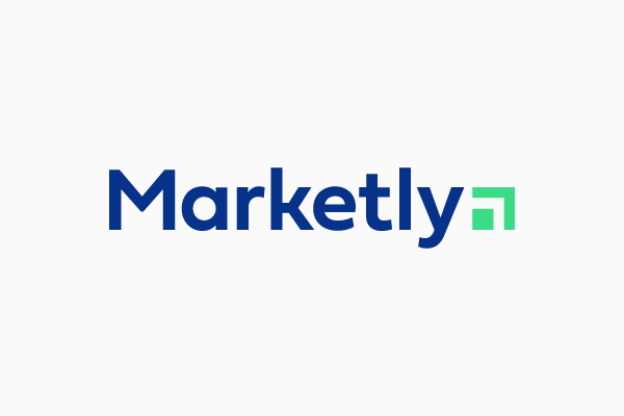Marketly Is Now a Part of Corsearch
Marketly was acquired by Corsearch in 2020 and is fully integrated within our family! Marketly’s expertise in machine learning, AI, and anti-piracy is factored into Corsearch’s comprehensive content protection offering.
See our solutions Request a demo
Corsearch is trusted by 5000+ customers worldwide
Why select Corsearch as your content protection partner
Since Marketly was founded in 2010, the company enabled content owners to Marketly helped companies protect their content and maximize consumer traffic to their legitimate online destinations. At Corsearch, we strongly believe that by coming together to fight back against pirates and infringers, legitimate businesses can safeguard jobs, protect revenue, and drive growth.
13Billion
listings on search engines reviewed in 2021
91%
success of removal on illicit sites
143,000
domains tracked for blocking
66Million
visits a month to 12 sites stopped due to Corsearch referrals
Film & TV
Preserve the value of film and TV entertainment by tackling pirate streams, torrents, and P2P sharing.
Gaming & Software
Protect licensing revenues by preventing the sale of pirate software such as video games, mobile apps, media players, & educational programs.
Publishing & Media
Safeguard publishers and authors by removing pirate ebooks, audiobooks, and editorialized content.
Music
Maximize legitimate streaming revenues by combatting stream ripping, illegal streams, torrents & P2P sharing.
Investigation Services
Profile and investigate the most prolific bad actors online, as well as integrate the offline and online worlds to stop threats at their source.
What we protect
Where we cover
Content Protection Solutions fueled by expertise
Operating from key locations including the US, UK, and China, Corsearch’s analyst team pairs legal expertise, fluency in over 35 languages, and decades of combined experience working with global brands. They act as an extension of your team, helping you establish a strategic, long-term approach to Content Protection.
Our analysts are experienced in pursuing all related parties for compliance and can investigate third–party intermediaries who share liability for infringement.

What people are saying about us



Request a demo
Request a demo of our technology to see why Corsearch is the right choice for you.
Want to know more?
Talk to one of our experts to learn how our content protection solutions can empower your business.




